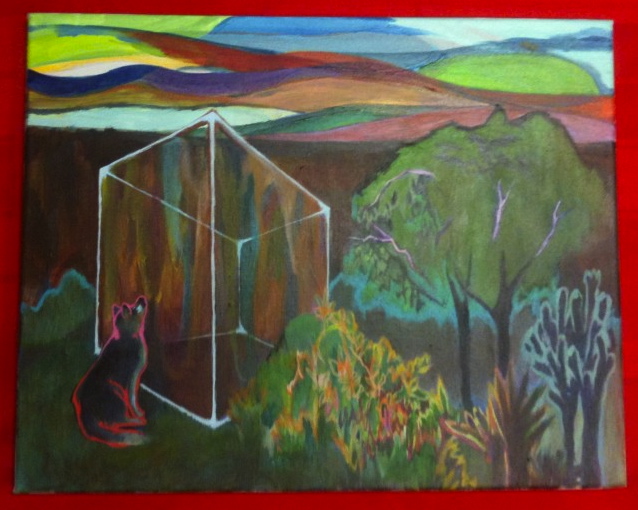If I am to be completely honest, this research experience has been quite stressful. My multi-faceted role of student/ researcher/ volunteer is much more difficult than I had imagined it would be. With week four of IVEFS approaching, I am starting over, from scratch, on brainstorming for my final project. Because Frog Hollow Neighborhood House focuses on families with children aged 0-6, all of the programs take place in the morning. This means that any opportunity to observe the day-to-day of my neighborhood house is missed as I am in class during that time. My expectation was that by now I would have had plenty of time to spend in the company of the members of Frog Hollow. At this point in my research I am reexamining my expectations, and therefore, attempting to develop a valuable research project that will be a contribution to my program and my placement (or at least one of the two), and to my experience in fieldwork.
This process of reexamining my expectations is allowing me to really think about my position in this project. In their book FieldWorking, Elizabeth Chiseri-Strater and Bonnie Stone Sunstein’s explain how, “the point of doing fieldwork is to learn to see not just the other but ourselves as well. The special gaze demands that we look – and then look back again at ourselves.” The conflict I am facing as a novice researcher trying to find a balance is, in effect, helping me with that balance. As a student, enrolled in a program, and assigned to Frog Hollow, I realize that I have carried with me the expectations and worldview of one with those roles. As a student, I expected that my placement would work around my class schedule. As a volunteer, I expected that my supervisor would have programs and activities for me to be a part of and contribute to. And as a researcher, I expected that members of Frog Hollow Neighborhood House would be available for me to “research.”
This frustration and process of examining and reexamining my position is really helping me to understand my assumptions. Not only is it necessary for me to physically step in and out of my field site, it’s imperative that I constantly reflect on my position of insider/ outsider, and what Chiseri-Strater and Sunstein refer to as one’s subjective/ objective self. Up to this point, I worried that my limited access to the Frog Hollow community and members would prevent me from having a deep, meaningful project. I worried that without adequate time to get to know, build rapport, and interview people, I couldn’t possibly have enough time to delve into a topic as complex as immigration. My expectations were forcing me to miss many opportunities I had for inquiry, both in and around Frog Hollow. I see now first hand how important the reflexive/ reflective process is to my research. And as long as I continue with this process throughout my research, I should be able to be part of a meaningful project.
_________
References
Chiseri-Strater, Elizabeth and Bonnie Stone Sunstein. 2007. FieldWorking: Reading and Writing Research. Upper Saddle River, NJ: Prentice Hall.
Frog Hollow Neighborhood House. 2011. Painting. Art Show: Homelessness Action Week. Retrieved May 23, 2012. From http://www.froghollow.bc.ca/gallery/youth/art-show-homelessness-action-week.

